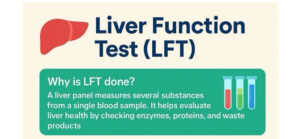Published: June 23, 2025
Executive summary
Early-onset type 2 diabetes, defined as diagnosis before age 40-years, is a rapidly escalating global health concern. With a more aggressive disease course than later-onset diabetes, a higher burden of complications and premature mortality, it represents a major transition in the type 2 diabetes epidemic.
The underlying factors are complex and reflect a combination of increasing obesity in young people, genetic risk and socioeconomic factors. Despite knowledge of adverse outcomes, early-onset type 2 diabetes remains under-researched, undertreated, and poorly integrated into existing care models – designed for older adults. This Lancet Series synthesises emerging evidence on the epidemiology, pathophysiology, and management of early-onset type 2 diabetes, highlighting urgent research gaps and the escalating burden in low-and middle-income countries. It emphasises the need for population-level prevention and tailored care, both necessary to reverse this concerning trend.

Editorial
- Early-onset type 2 diabetes: no time for defeatismThe LancetThe Lancet
Series
- Early-onset type 2 diabetes: the next major diabetes transitionAndrea LukSarah H WildSophie JonesRanjit Mohan AnjanaMarie-France HivertJohn McCaffreyet al.The Lancet
- Understanding the drivers and consequences of early-onset type 2 diabetesLee-Ling LimSophie JonesJustin Cirhuza CikomolaMarie-France HivertShivani MisraThe Lancet
- Managing early-onset type 2 diabetes in the individual and at the population levelShivani MisraKamlesh KhuntiAlpesh GoyalDavid GableBenedetta ArmocidaNikhil Tandonet al.The Lancet




